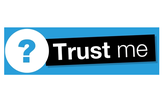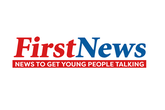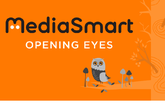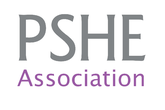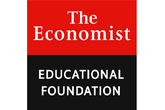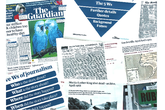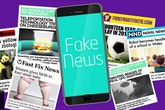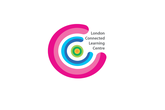Primary lesson resources
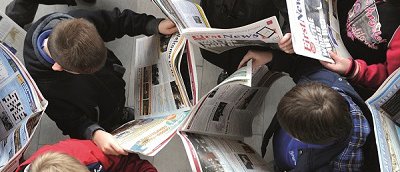
On this page, find resources for one-off lessons or multiple lessons about critical literacy and fake news. There are also links to quizzes and videos which you could use as a short activity within a lesson.
If you want advice on how to approach this subject, check out our guide to teaching primary students about fake news.
I want to teach a one-off lesson
-
Trust Me by Childnet is a set of five lesson plans for primary and secondary schools that focus on counter-extremism, critical thinking skills and online safety. They are quality assured by The PSHE Association.Download this resource
-
First News Education delivers tailored learning tools to develop children’s literacy skills at KS2 through the exploration of weekly worldwide news stories.Learn more
-
A plan from Media Smart which could be used for a lesson or assembly. The plan is aimed at KS2 and designed to support the computing and personal development curricula. It includes worksheets and a link to resources for parents.See this resource
-
A plan from Media Smart and quality assured by The PSHE Association which could be used for a lesson or assembly. The plan is aimed at KS2 and designed both to help pupils understand the world of advertising and to provide a place to discuss ideas about body image.See this resource
-
A plan from Media Smart which includes lesson ideas and video resources. Aimed at KS2, and based on literacy teaching, the plans aim to help children read, understand and discuss examples of modern advertising.See this resource
-
There are times when we may need to respond immediately to unforeseen events. This framework, produced by The PSHE Association, can support discussion about terrorist attacks.Learn more
-
Twinkl NewsRoom delivers a trusted feed of news for children, including the latest headlines, classroom-friendly reports, and ready-to-use curriculum-friendly resources.Learn more
I want to teach a series of lessons
-
Topical Talk - The Economist Educational Foundation's Topical Talk Projects discuss one current affairs topic in depth over five weeks. Sequenced session plans build knowledge towards a Final Piece.Learn more
-
This free, curriculum-mapped programme includes a scheme of work designed by the National Literacy Trust, Guardian Foundation and PSHE Association, as well as pupil workshops. The programme helps teachers empower pupils to access, understand, analyse and participate in the news.Learn more
I want resources which I can use within a lesson
-
In these articles, The Day journalists set out what fake news is, what effects it has and how some organisations are trying to fight it.See these
-
The Guardian Education Centre provides a range of activity ideas which teachers can use to support their pupils in learning more about how to critically read the news.Learn more
-
This 90-second video gives pupils a quick overview of what fake news is, and how they can spot it.See this resource
-
See whether your pupils can tell the fake news stories from the real ones in this BBC resource.See this resource
I want to arrange a workshop
-
These free workshops are hosted at The Guardian Education Centre in London. A range of workshops are offered focused on news and which link to teaching across the curriculum.Learn more
-
This article from London CLC sets out some examples of their work around fake news. It also includes examples from their fake news workshops - look at their upcoming events for more news about these.Learn more
-
NewsWise brings together news journalists and primary literacy and PSHE specialists from the Guardian Foundation, the National Literacy Trust and The PSHE Association to provide high quality news literacy education resources, experiences and support for teachers. These include free in-school workshops.Register your interest
Other pages you might be interested in
-
Posters and other display materials which you can use to help keep your students informed about fake news and media literacy.Learn more
-
Resources and training sessions which can help staff be better prepared to teach about fake news and the media.Learn more
